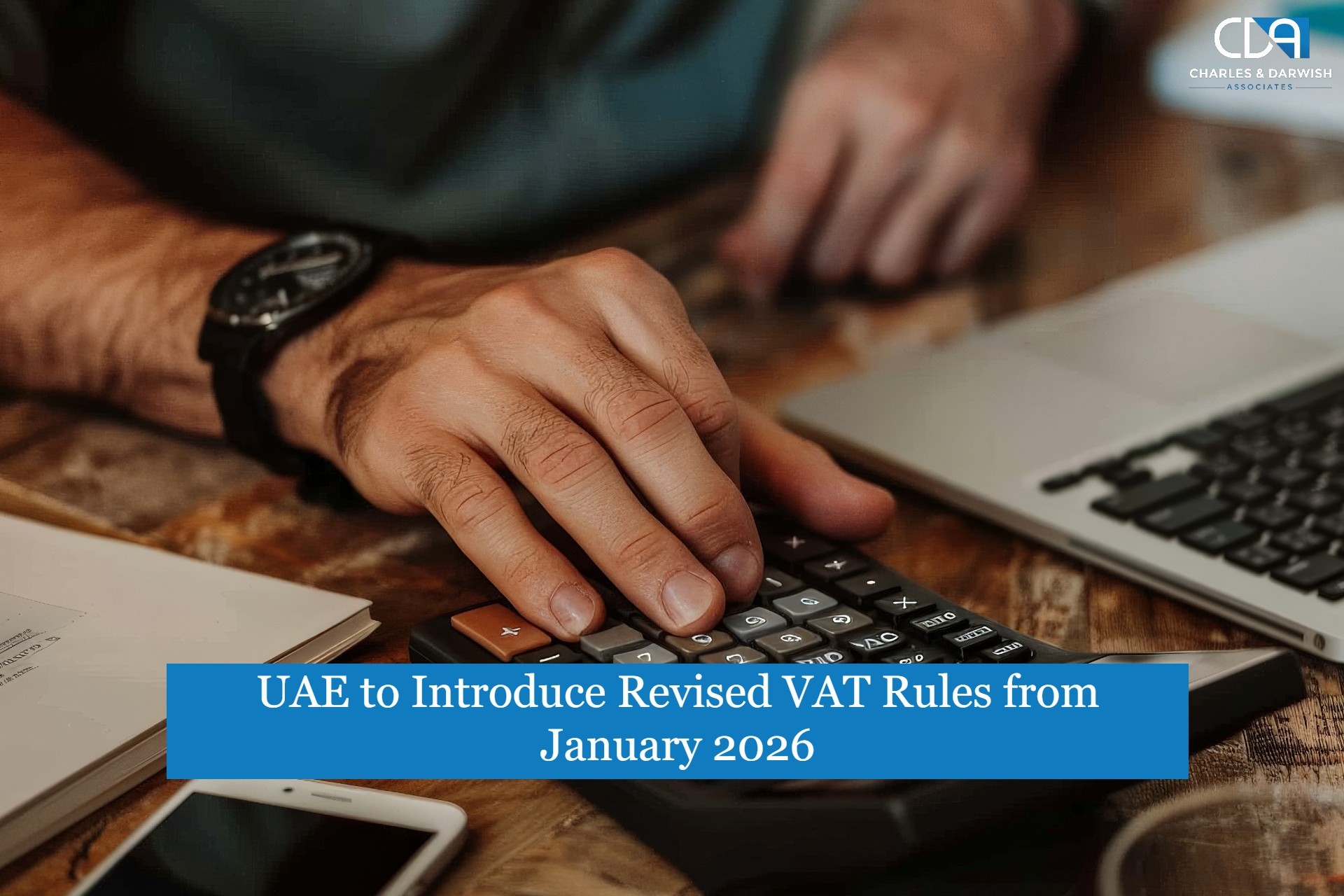How to Setup a Crypto Accounting System for Your Business?
UAE is currently at the forefront of cryptocurrency innovation. With Dubai’s VARA (Virtual Assets Regulatory Authority) and Abu Dhabi Global Market's FSRA (Financial Services Regulatory Authority) setting clear guidelines, companies today aren't just accepting crypto payments but are also investing and holding digital assets.
If you're a business owner in the Emirates venturing into digital currencies, setting up an efficient crypto accounting system is not something you can ignore. It isn't just about keeping track of transactions; it also involves establishing trust, complying with regulations, and making wise financial choices. With the assistance of CDA’s experienced cryptocurrency accountant, you can get a strong accounting system that systematically tracks transactions, manages taxes, and shows the accurate financial health of your business.
Steps To Be Followed Before Setting Up The Accounting System
Here’s how you can get started with a crypto accounting system that works for your business.
Step I: Understanding the Crypto Needs of your Business
The first step is to have a clear understanding of how your company will use cryptocurrency.
- Will you take it as payment?
- Will you invest in it?
- Will you keep it as a long-term asset?
Now, think about the volume of transactions you expect to process, the types of cryptocurrencies you will deal with, and your overall business goals.
Each of these will affect how you track, report, and manage your crypto holdings. This means businesses are required to follow the crypto guidelines shared by these organizations when they use, hold, or trade crypto to avoid fines and operational restrictions.
Step II: Choosing the Right Accounting Software
Manually tracking every transaction can be no less than a nightmare. So, based on your business's needs, you should pick software that can handle multiple cryptocurrencies, track transactions automatically, and generate tax-compliant reports. Your chosen software should be able to integrate with your existing financial system with ease and streamline your processes with real-time conversions.
Step III: Recording Every Transaction Accurately
Every transaction involving cryptocurrency should be documented accurately. This includes sales, purchases, exchanges, and conversions. This data will serve as the foundation for your financial reports as well as tax submissions. It will also assist during audits and will ensure that you’re well-prepared for regulatory inquiries (if any).
Key information that you must record-
- Date and time: When did the transaction take place?
- Type of transaction: Was it a purchase, sale, transfer, or something else?
- Cryptocurrencies involved: Which digital assets were part of the transaction?
- Amount: How much of each cryptocurrency was involved?
- Cost per unit: What was the value of the cryptocurrency when the transaction took place?
Step IV: Monitoring the Market Valuations
Crypto is volatile—tracking gains and losses is essential. You can use analytic tools to track price movements, read research publications to stay informed, and adapt your financial strategies as per real-time valuations to manage potential financial risks.
Step V: Adhering to Tax Laws
In the UAE, cryptocurrency is recognized as a digital asset. This means that trading or selling crypto may result in various tax ramifications. Therefore, businesses must educate themselves on tax rules and seek advice from a legal professional like CDA who has expertise in crypto regulations. Our assistance will help you mitigate risks in a timely manner.
Step VI: Performing audits regularly
The world of cryptocurrency is constantly changing. Market fluctuations, regulatory updates, and technological advances can all impact your accounting practices. By regularly performing audits, you can reduce the chances of errors and stay one step ahead when it's time for external audits.
Although setting up a cryptocurrency accounting system might feel like an overwhelming step, but it’s a setup that will grow with your business. By having a well-structured accounting system, you can maintain your company's compliance, transparency, and readiness for future expansion.
CDA’s Assistance in Crypto Accounting
CDA’s expert accountants and auditors are on standby to provide your business with the assistance regarding the crypto accounting and provide the guidance to stay complied with the regulations in UAE. The professionals will always be at your side to provide the crypto bookkeeping assistance, providing training to your employees, detecting frauds and risks beforehand, avoiding penalties and fines due to non-compliance and many other assistances. Our team of experienced crypto accountants will provide you with the personalized services as per the requirement.
To know more about the crypto accounting services, connect with our team today!

Jijo Saji
Senior Auditor
Senior Auditor with over 10 years of experience in auditing, taxation, and financial reporting. Proven expertise in statutory audits, VAT compliance, and advisory services across diverse industries.













